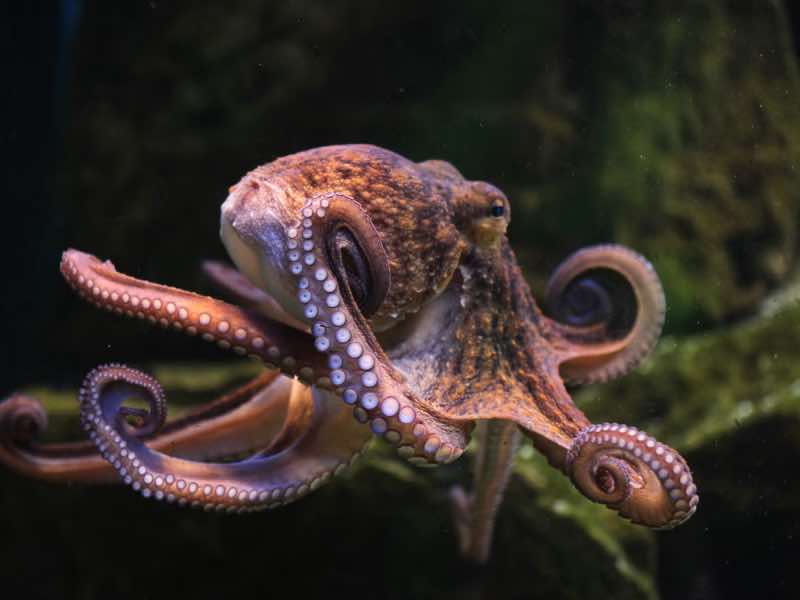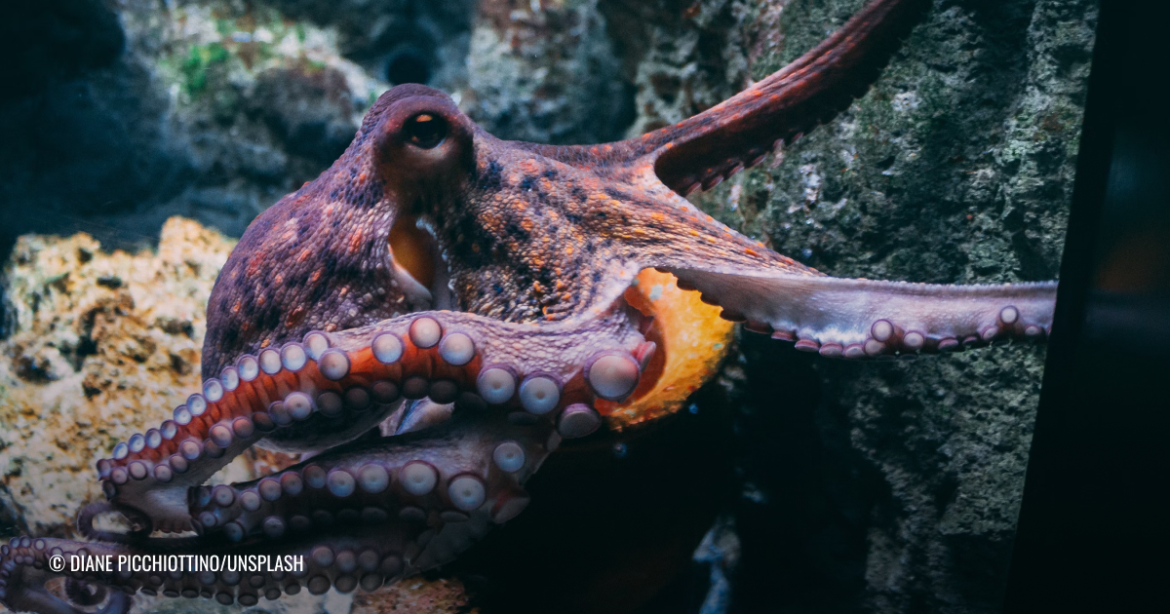If you thought humans were the only animals whose sex got determined by chromosomes, then you’re wrong. Apparently we’re not the only ones and we were most certenly not the first ones. Scientists recently discovered that Octopuses have the oldest sex chromosomes ever found. Keep on reading and discover everything about it!
Do Octopuses also have XY or XX sex chromosomes?
Scientists have uncovered evidence that octopuses may carry the oldest known sex chromosomes on record. Recent research shows that the genetic system in the California two-spot octopus dates back over 480 million years. This system stands in stark contrast to the familiar human XY model. In octopuses, males have a ZZ system while females carry just one Z. This discovery fills a long-standing gap in our understanding of cephalopod genetics. Until now, it was uncertain if these creatures even used a genetic system to determine sex. The findings now highlight octopuses as surprising models for studying evolutionary biology.
The research suggests that this ancient Z chromosome system predates similar systems in many other species, including some insects. The idea that octopuses, with their distinct evolutionary path, could possess such a longstanding genetic trait is both intriguing and unexpected. Scientists believe that by studying these unique sex chromosomes, they can gain insight into how sex determination has evolved over hundreds of millions of years.

Unlocking the Secrets of Ancient Genetic Systems
This breakthrough reshapes how we view genetic sex determination in the animal kingdom. The identification of an ancient Z chromosome system suggests that octopuses have maintained a stable genetic trait over an enormous span of time. It also implies that genetic sex determination may have been established much earlier in evolutionary history than previously thought. The study demonstrates that cephalopods are not only masters of camouflage and intelligence but also hold key clues about the origins of sex chromosomes.
Researchers used advanced genomic techniques to analyze the DNA of the California two-spot octopus. Their work reveals that the Z chromosome system is remarkably conserved, hinting at its successful adaptation over time. With such findings, octopuses are now emerging as valuable subjects for future genetic and evolutionary studies. This research invites further exploration into how other invertebrates might share similar ancient genetic markers.
Credit to:
- Current Biology: Study
